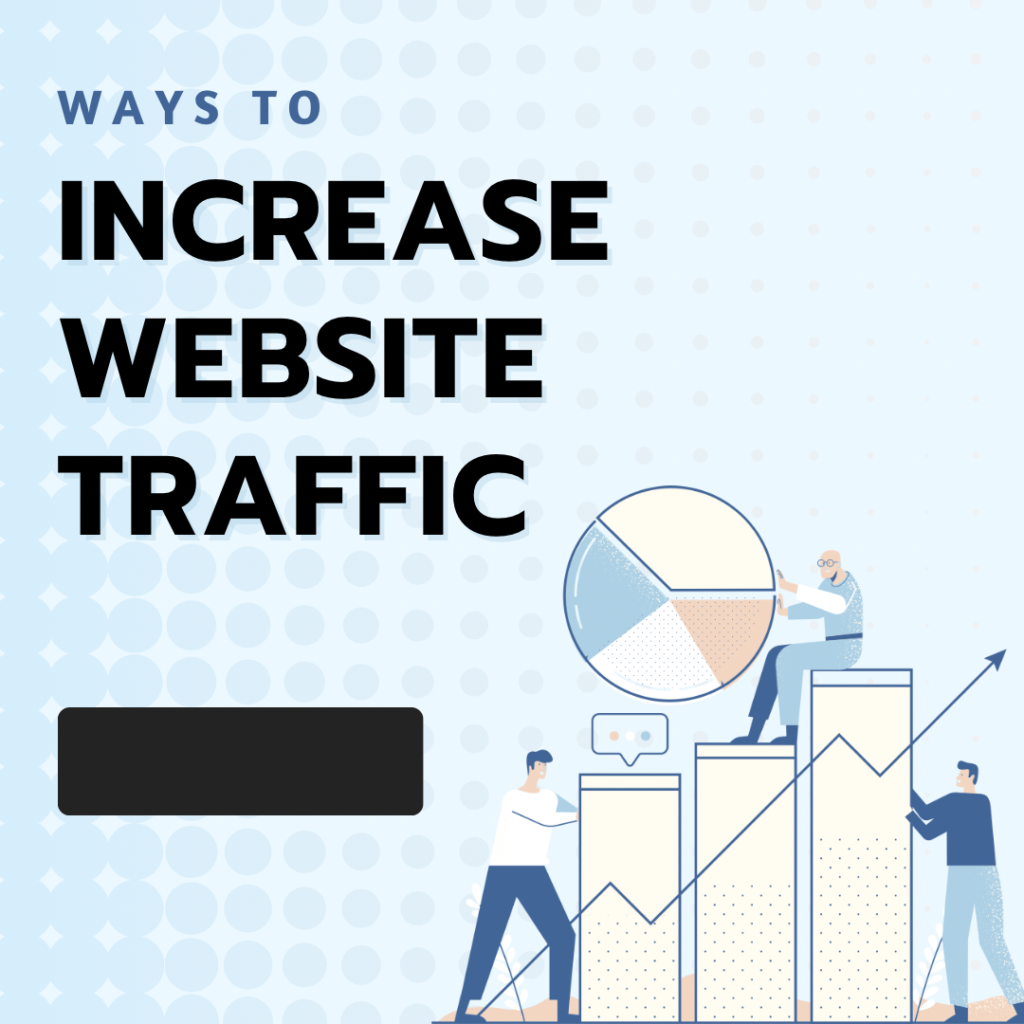
I. Pre-Holiday Preparations (Weeks/Months Before)
1. Website Maintenance
Ensure your website is healthy and secure before the holiday rush.
• Update software, plugins, and themes to latest versions.
• Run security scans and malware checks.
• Backup your website regularly.
• Optimize database and caching for faster performance.
1. Content Strategy
Plan engaging content to attract holiday shoppers.
• Create holiday-themed blog posts, articles, and guides.
• Develop gift guides and product recommendations.
• Schedule social media posts in advance.
• Consider running contests, giveaways, or loyalty programs.
1. SEO Optimization
Improve search engine rankings for holiday-related keywords.
• Research relevant holiday keywords (e.g., “Christmas gifts”).
• Optimize meta tags, titles, and descriptions.
• Ensure page speed and mobile responsiveness.
• Submit updated sitemap to Google.
II. Design and User Experience
1. Holiday-Themed Design
Give your website a festive look.
• Update colors, graphics, and fonts to match holiday spirit.
• Add festive elements (e.g., snowflakes, holly).
• Create a holiday-themed homepage or landing page.
• Ensure design consistency across all pages.
1. Streamlined Navigation
Make it easy for customers to find what they want.
• Simplify menu and categories.
• Use clear and concise product descriptions.
• Prominent calls-to-action (CTAs) for key actions (e.g., “Buy Now”).
• Easy search functionality.
1. Mobile Optimization
Ensure seamless experience on mobile devices.
• Ensure responsive design adapts to mobile screens.
• Optimize images, videos, and content for fast loading.
• Test mobile performance and fix issues.
III. Performance and Scalability
1. Server and Hosting
Prepare for increased traffic.
• Upgrade hosting plan to handle increased traffic.
• Ensure scalable infrastructure (e.g., cloud hosting).
• Monitor server performance and resource usage.
1. Caching and Content Delivery Networks (CDNs)
Speed up content delivery.
• Implement caching solutions (e.g., WordPress caching plugins).
• Use CDNs to distribute content globally.
• Configure caching and CDN settings.
1. Load Testing and Monitoring
Identify performance bottlenecks.
• Conduct load testing to simulate holiday traffic.
• Monitor website performance during testing.
• Identify and fix performance issues.
IV. Conversion Rate Optimization
1. Clear CTAs
Encourage customers to take action.
• Use prominent, actionable buttons (e.g., “Buy Now”).
• Limit distractions on key pages (e.g., checkout).
• Create sense of urgency with limited-time offers.
1. Simplified Checkout
Make checkout process smooth.
• Offer guest checkout option.
• Streamline payment process.
• Clearly display shipping information.
1. Upselling and Cross-Selling
Increase average order value.
• Display relevant product recommendations.
• Offer bundle deals and discounts.
• Use AI-powered product suggestions.
V. Analytics and Tracking
1. Google Analytics Setup
Track website traffic and behavior.
• Set up Google Analytics account.
• Track key metrics (e.g., sessions, bounce rate).
• Monitor conversion rates.
1. Goal Tracking
Measure holiday-specific goals.
• Set up goals in Google Analytics.
• Track campaign performance.
• Monitor goal completion rates.
1. Real-Time Monitoring
Stay on top of website performance.
• Monitor website performance in real-time.
• Identify issues quickly.
• Take swift action to resolve issues.
VI. Post-Holiday Analysis
1. Review Performance
Evaluate holiday season success.
• Analyze website traffic, sales, and revenue.
• Identify areas for improvement.
1. Optimize for Future Holidays
Apply lessons learned.
• Analyze customer behavior and preferences.
• Plan for next year’s holiday season.
• Implement improvements.
